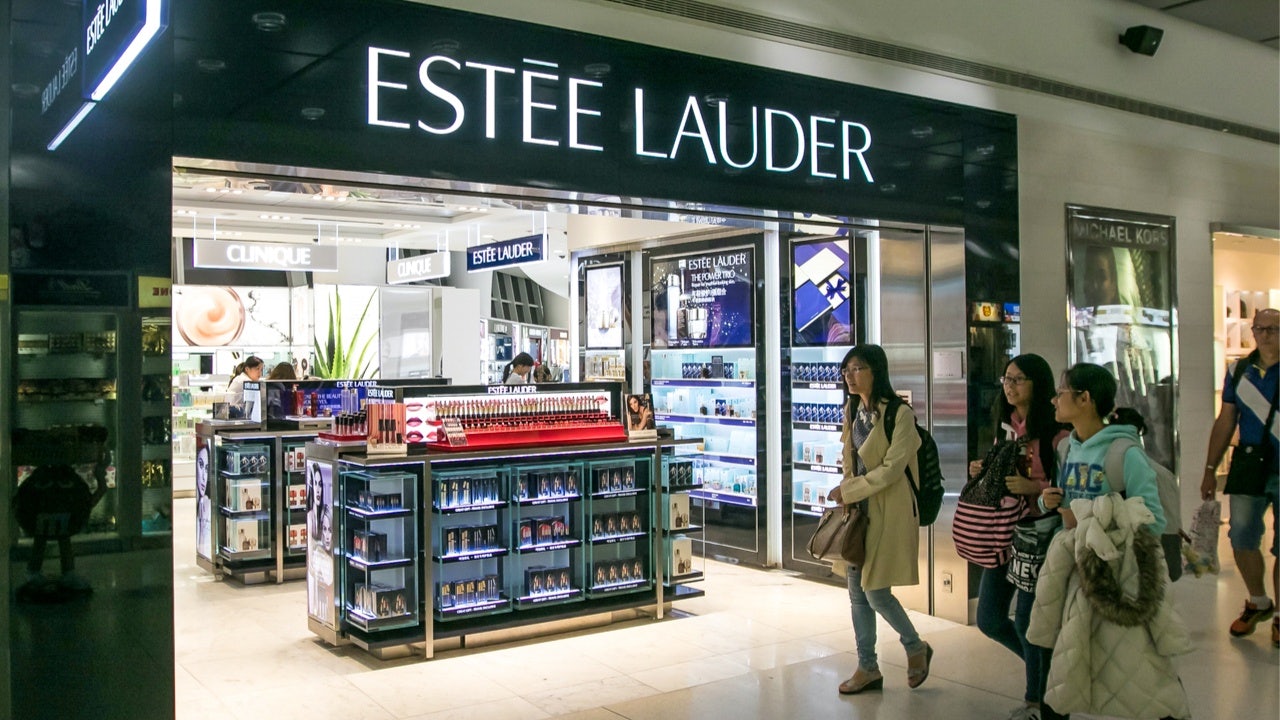What happened
American cosmetics giant Estée Lauder Companies Inc. — owner of Estée Lauder, La Mer, and the recently acquired Dr. Jart+, a popular South Korean skin care brand — reported net sales of $3.35 billion for its third quarter ending March 31, 2020, a decrease of 11% from $3.74 billion in the same period last year.
The company’s earnings exceeded analysts’ expectations but exposed the continuous impact of COVID-19 in different geographical regions and on travel retail. Net sales in mainland China returned to double-digit growth in March, mainly brought by online traction, the group said in a statement without further disclosure of the numbers.
However, as much of the world remains under lockdown due to the ongoing COVD-19 crisis, the group is hopeful about the outlook in the mainland China market, where stores are opening, and the corporate team in Shanghai returns to work. Fabrizio Freda, president and CEO said in the earnings call: “We are expecting to return to double-digit growth in mainland China in the fourth quarter.”
Jing Take:#
April proves to be a pivotal point for global retail, as open stores in Asia-Pacific might shed light on how the recovery will proceed for the rest of the world. However, Estée Lauder’s travel retail sector, which constitutes 23 percent of the group’s business as of fiscal year 2019, remains clouded by continued uncertainties.
Upon probing by analysts, Freda said in the earnings call that travel retail in the US and Europe is likely to be further impacted, while that in China’s Hainan Island (a holiday destination with duty-free shopping policy as of 2011) delivers “good results.” This might be because Hainan Island is now the only accessible duty-free destination for mainland Chinese consumers, who are still under different extents of international travel restrictions, while Hong Kong, another popular destination pre-COVID-19, just extended its border closure for another month.
Is Hainan Island a dark horse for post-pandemic China? For Estée Lauder, as the retail world slowly opens back up, it’s ever more important for the group to keep a sharp eye on regional consumer sentiment, like Hainan Island, before changes in other global markets take effect.
The Jing Take reports on a leading piece of news while presenting our editorial team’s analysis of its key implications for the luxury industry. In this recurring column, we analyze everything from product drops and mergers to heated debates that sprout up on Chinese social media.
